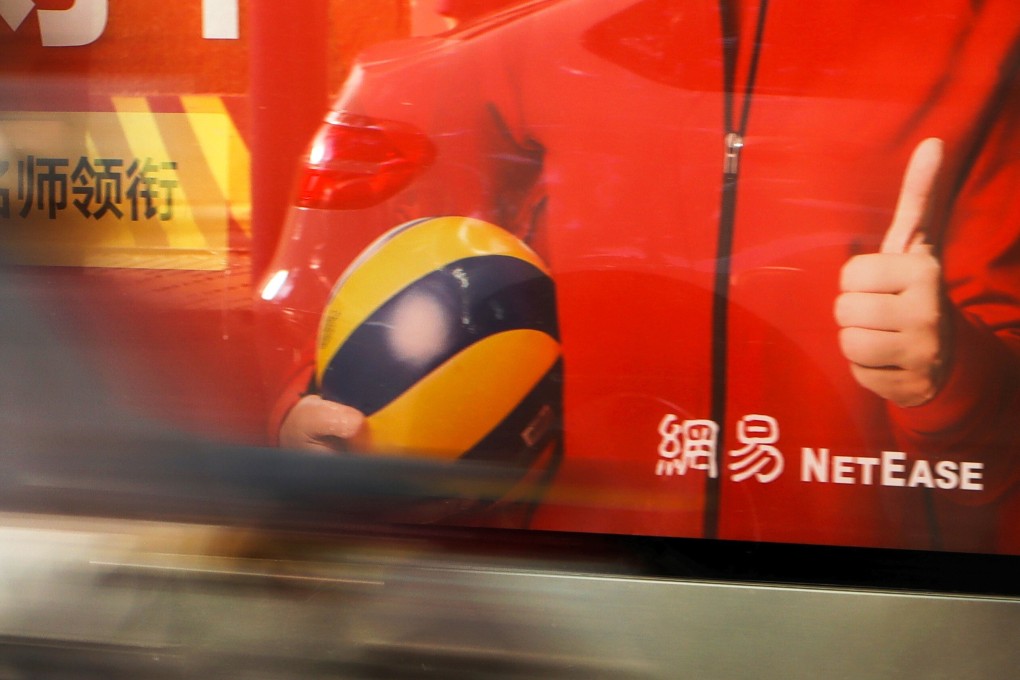Advertisement
Censorship in China: NetEase fined for carrying ‘inappropriate’ comments on news platforms
- Company representatives told to rectify offending content, punish those who allowed it to be published, Beijing Internet Information Office says
- Watchdog also orders comments function to be suspended for a week
Reading Time:2 minutes
Why you can trust SCMP

Chinese tech firm NetEase has been fined and had the comments function on its news platforms suspended for allowing them to carry views and opinions deemed inappropriate, censors said on Saturday.
According to a statement published on WeChat by the Beijing Internet Information Office, the company repeatedly allowed reader comments on news articles that were “in violation of laws and regulations or relevant rules”.
Representatives of NetEase were summoned by the state-run watchdog and told to rectify the offending content and punish those who allowed it to be published, the statement said.
Advertisement
The company was issued with a fine and ordered to suspend its comments function for a week from Saturday to October 17, it said.
The watchdog did not specify the size of the fine or give details of the content it deemed offensive.
Advertisement
NetEase apologised and said it would conduct an investigation into the incident.
Advertisement
Select Voice
Select Speed
1.00x